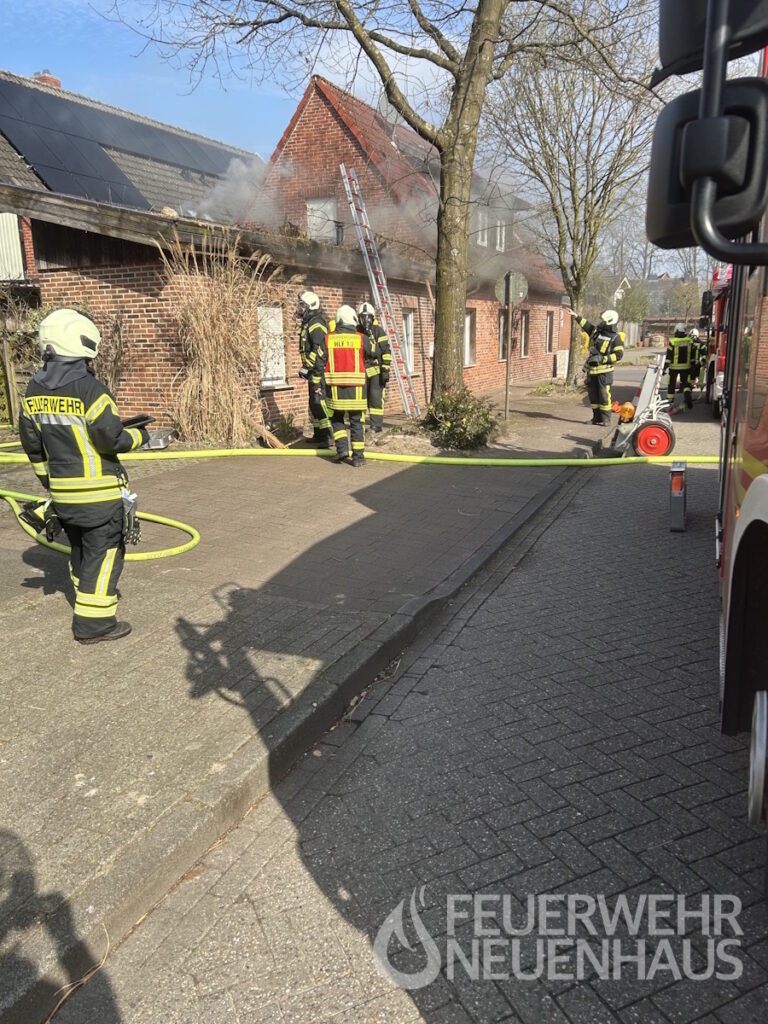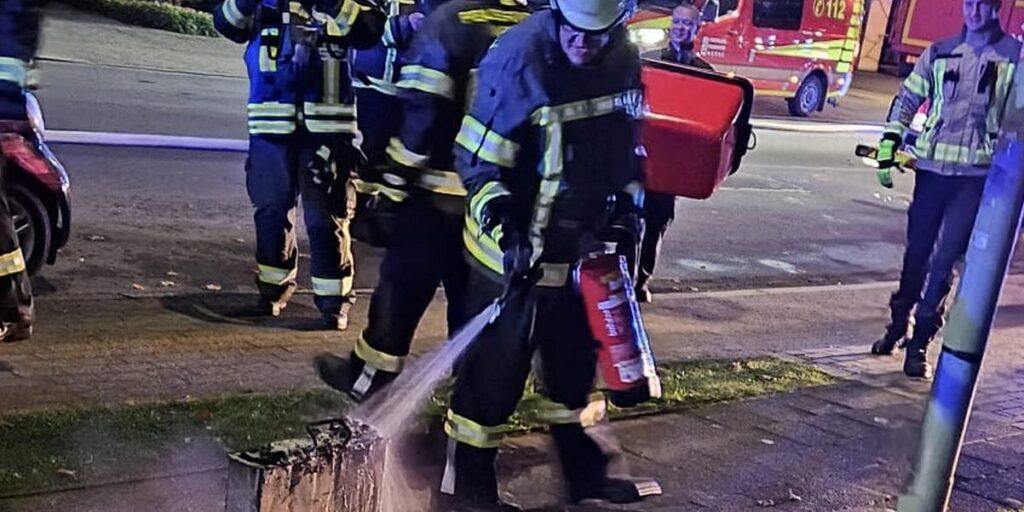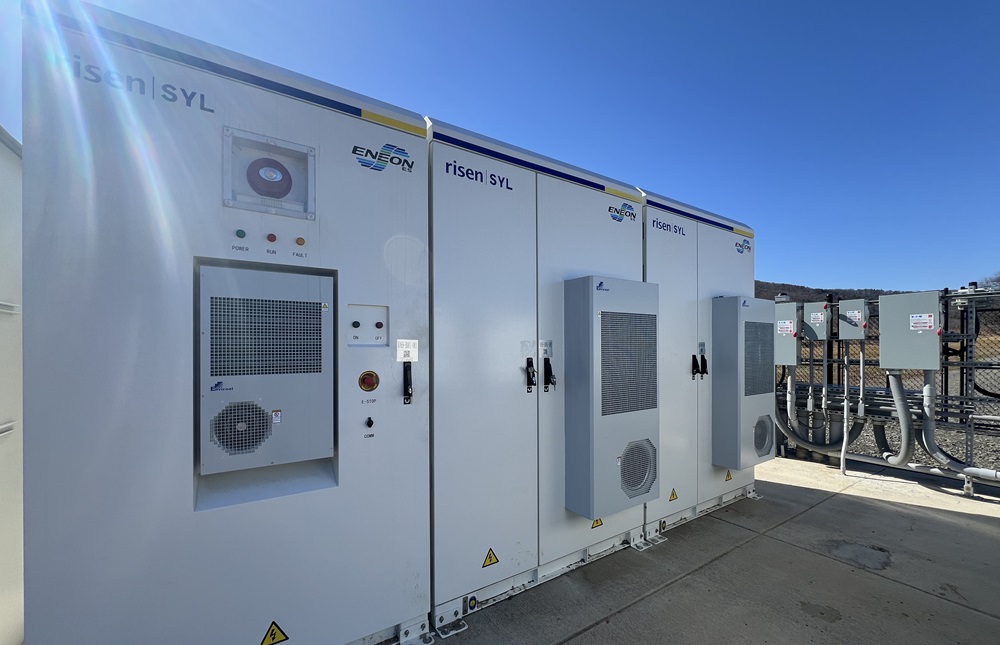Fire risk and safety
Advertisement
Advertisement
Advertisement
Latest News
Advertisement
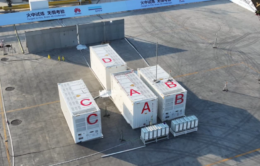

German housebuilder puts some LG home batteries into standby mode after explosion
Construction company Viebrockhaus made the move after an incident in Schönberg where a home fitted with a solar-plus-storage system suffered an explosion which destroyed a wall of the house. The builder, and battery maker LG, have put some units into standby mode and others have had their operating capacities reduced.

Solar and battery-equipped home destroyed by explosion in Germany
In the German state of Schleswig-Holstein, an explosion tore away the outer wall of a show home equipped with solar panels and a residential battery. The badly-damaged building, which was vacant at the time of the incident, will likely be demolished.
All Fire risk and safety news
Advertisement
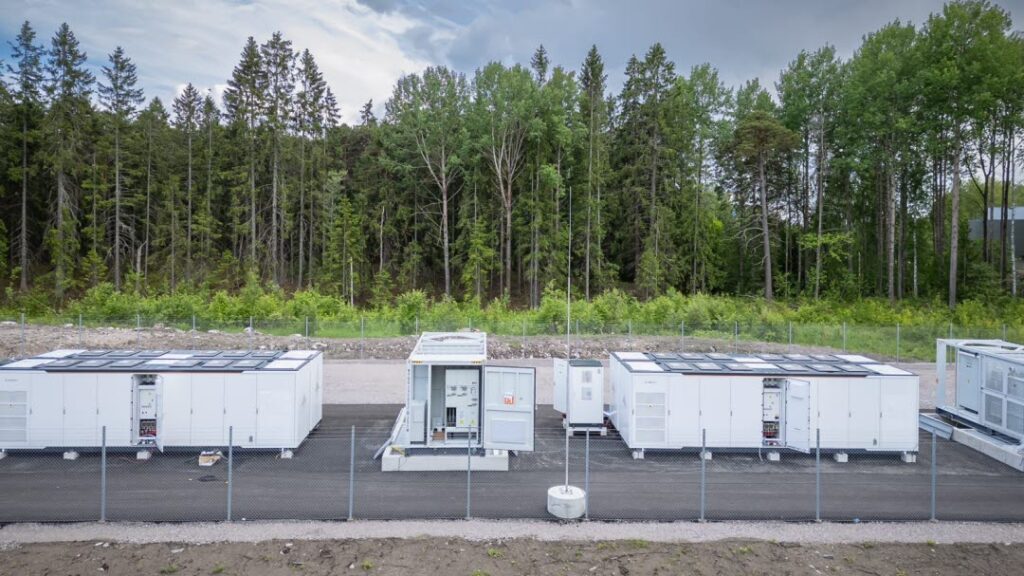
New fire protection guidelines for installing batteries in Sweden
Svensk Solenergi has shared new guidelines for installing stationary battery storage systems. Its publication comes as the number of battery installations in Sweden, across both the residential and larger-scale markets, is accelerating.
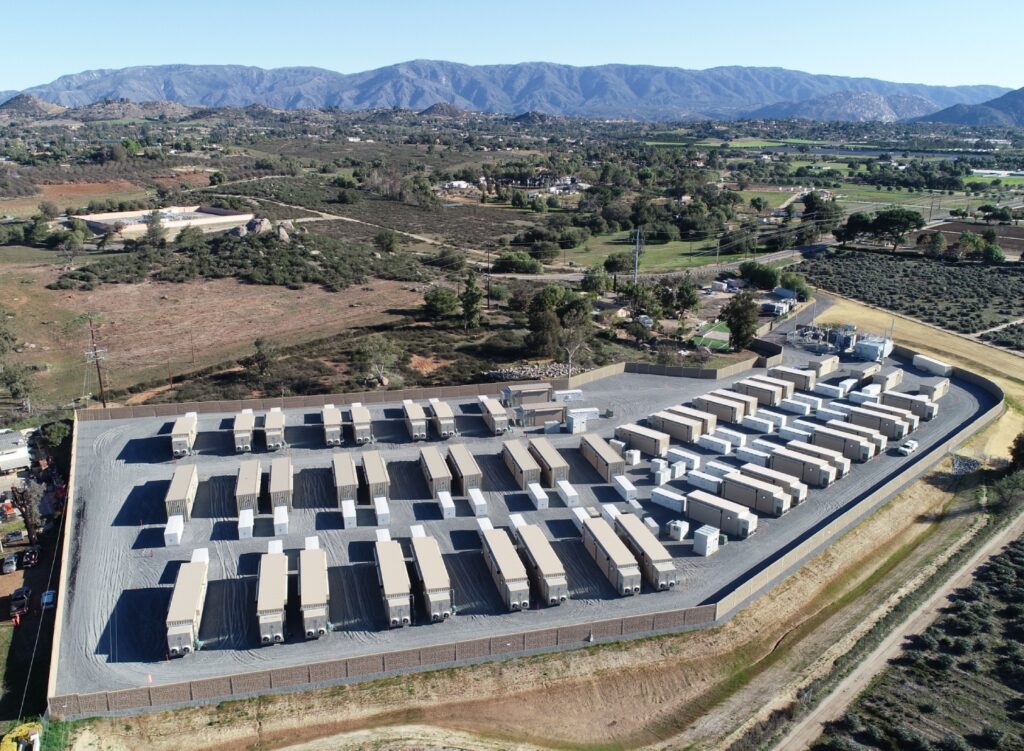
Californian city introduces temporary moratorium on battery storage sites
While the San Diego County Board of Supervisors had unanimously rejected a proposed moratorium on battery energy storage systems (BESS) only a month ago, Escondido has now officially passed an interim urgency ordinance prohibiting new commercial BESS developments within the city.

Cause of fire in German home with Senec battery unclear
A battery energy storage system from Leipzig-based Senec was affected by fire which broke out in the basement of a residential building under renovation in southwest Germany. The manufacturer said that the affected system was an "old" model, adding the cause of fire could be non-battery related.
Advertisement

German court rules Senec dealer must deliver new, defect-free home battery storage system
The Frankfurt am Main Regional Court considers a fire-safety-related reduction in output of a Senec home battery to be a significant defect not compensated for by a goodwill payment. Judges have ruled in favor of a plaintiff who wants a new storage unit. The ruling is not yet final.

LG Chem develops material capable of suppressing thermal runaway in batteries
LG Chem has announced that its Platform Technology R&D team has developed a temperature-responsive Safety Reinforced Layer (SRL), a material which is described as capable of surpressing thermal runaway. The material was analyzed in collaboration with researchers from Pohang University of Science and Technology (POSTECH) in South Korea, while the safety verification was conducted in partnership with LG Energy Solution.

Senec says LFP battery exchange ramps up, launches two new products
After several fires, the EnBW subsidiary decided to replace certain models of residential battery storage systems that had already been installed and equip them with lithium iron phosphate (LFP) cells. Simultaneously, Senec is introducing two new LFP battery energy storage systems to the market.
Advertisement
